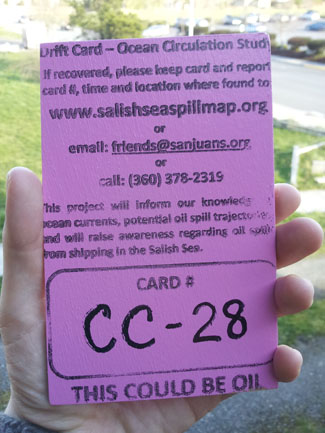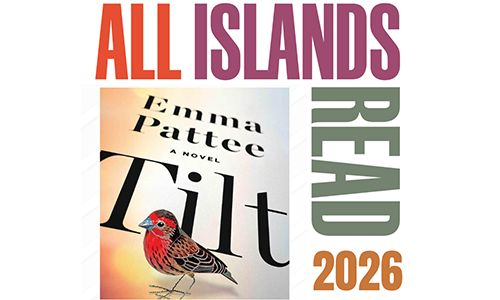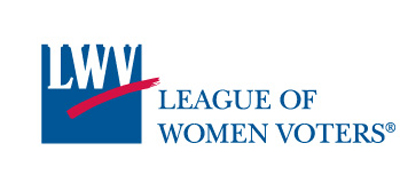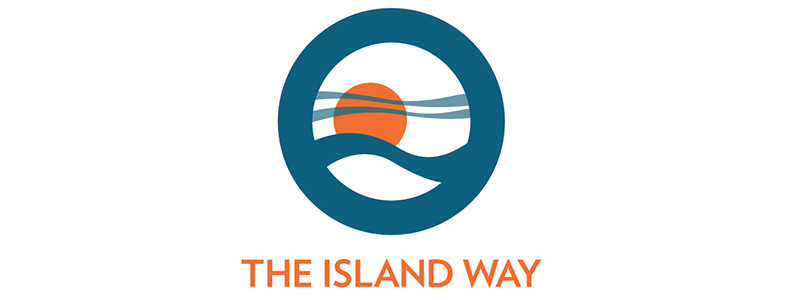— from Katie Fleming —
 To commemorate the 25th anniversary of the Exxon Valdez oil spill on March 24th, an international team of conservation groups launched about 650 ‘drift cards’ – biodegradable plywood cards, each with a unique serial number – along the oil tanker route that runs through the Gulf and San Juan islands.
To commemorate the 25th anniversary of the Exxon Valdez oil spill on March 24th, an international team of conservation groups launched about 650 ‘drift cards’ – biodegradable plywood cards, each with a unique serial number – along the oil tanker route that runs through the Gulf and San Juan islands.
The event, organized by FRIENDS of the San Juans in the US and Raincoast Conservation Foundation and Georgia Strait Alliance in Canada, is part of a larger study to map the path an oil spill might take. The results of the study will help us to understand the impacts of a potential spill on the Salish Sea as a whole. The cards were dropped at locations at higher risk of an accident along the tanker route (Turn Point in Haro Strait and near Bird Rocks in Rosario Strait). They carry a simple message: this could be oil.
Members of the public are being asked to get involved in the research project by staying on the lookout for the pink 4”x6” drift cards on beaches and shores in the Salish Sea. To report a card that you find and view the results of the study to date, visit www.SalishSeaSpillMap.org. To report a card by phone contact 360.378.2319 (US), or (250) 655-1229, extension 227 (BC). Citizens are already reporting cards found on shorelines in Victoria and the San Juan Islands.
The project is in response to a series of fossil fuel export projects proposed in BC and Washington state which would add an additional 2,620 ship visits per year to the already crowded waters of the Salish Sea. This would make it one of North America’s busiest fossil fuel shipping corridors. On its own, Kinder Morgan’s proposal to triple the capacity of its Trans Mountain pipeline running from Alberta to Vancouver would result in a 500% increase in oil tanker traffic through the Salish Sea.
“The increased risk of a major oil spill in the Salish Sea is real, and our Islands, our environment and our economy are at risk. Anyone with a cultural, environmental or economic interest in our region would be directly affected by a marine spill. Americans are becoming increasingly concerned about the risks associated with the Kinder Morgan proposal, especially since BC’s oil spill response capacity lags far behind Washington’s,” said Stephanie Buffum, Executive Director of FRIENDS of the San Juans.
Christianne Wilhelmson, Executive Director of Georgia Strait Alliance said, “The impacts from an oil spill anywhere in the Salish Sea could be devastating to ecosystems and communities on both sides of the border. We share one coastline, one ocean and one climate, and that’s why Americans and Canadians are uniting to protect the Salish Sea from the threats posed by new fossil fuel export projects.”
“The results from our drift card drop last fall show that the cards are moved quickly, have a wide distribution of recovery locations, and that there would be likely be major transboundary impacts from an oil spill along the shipping route. Card recoveries from Haida Gwaii, BC’s central coast, Quadra Island and the west coast of Vancouver Island show that in reality, much of BC’s coast is at risk. The current drops will give us more information about seasonal differences in trajectories and areas likely to be impacted, including information from new locations,” said Andy Rosenberger, Raincoast Conservation Foundation biologist.
A single spill from the larger tankers and cargo ships associated with the proposed projects could have a devastating environmental and economic impact on par with the Exxon Valdez. In 2004, a study by Washington State’s Department of Ecology concluded that a major oil spill would cost the state’s economy $10.8 billion and impact 165,000 jobs.
On March 24th, 1989, the Exxon Valdez struck a reef in Prince William Sound, spilling more than 11 million gallons of crude oil. Despite containment efforts, the oil coated 1,300 miles of coastline. Twenty-five years later, an estimated 20,000 gallons of Valdez crude oil is still in Alaska’s sand and soil. The tragic ripples of ecological and economic devastation are still being felt today.
**If you are reading theOrcasonian for free, thank your fellow islanders. If you would like to support theOrcasonian CLICK HERE to set your modestly-priced, voluntary subscription. Otherwise, no worries; we’re happy to share with you.**







